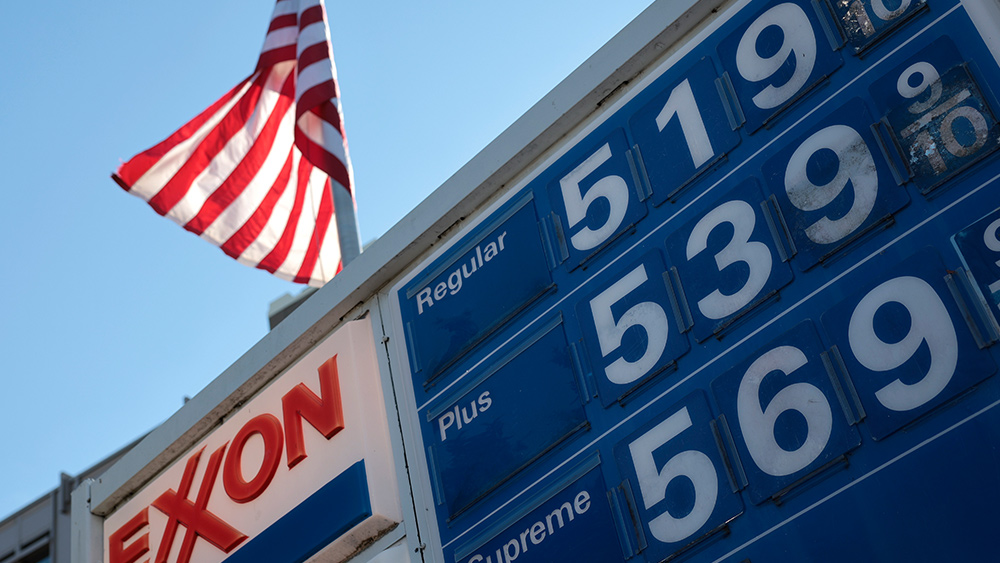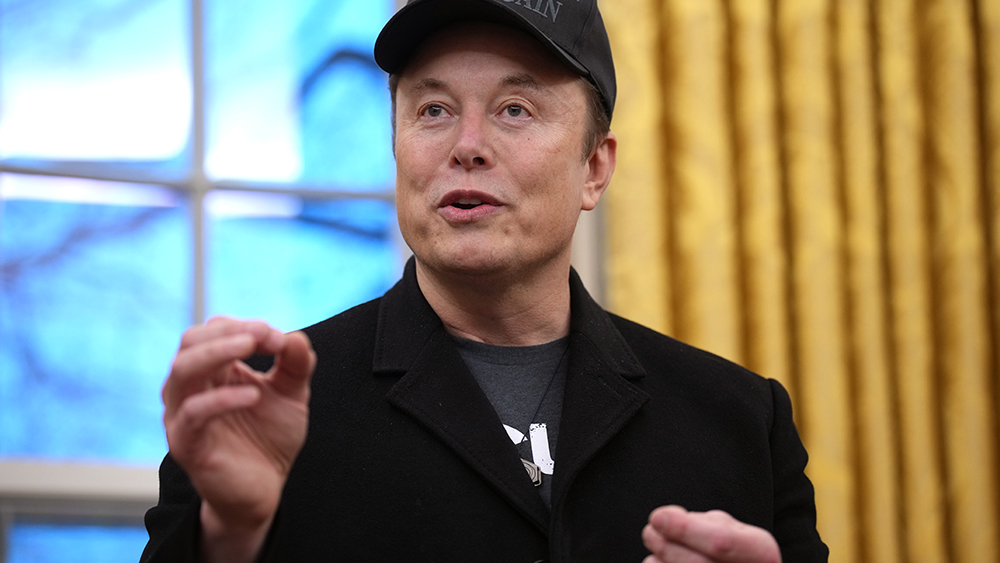 Parler
Parler Gab
Gab
- A USC study led by Professor Michael Mische finds California’s high gas prices stem primarily from state policies, not oil industry "price gouging," contradicting Governor Newsom’s claims.
- Stringent environmental regulations (adding ~51¢/gallon), the nation’s highest excise taxes (59.7¢/gallon), refinery closures (down 70% since 1984) and high operational costs collectively inflate prices.
- Newsom blames oil companies, but industry leaders and Republicans argue his policies worsen supply shortages and costs, with California’s average gas price ($4.85) far exceeding the national average ($3.20).
- The study predicts continued price hikes due to green energy mandates and reliance on imported oil, disproportionately hurting low-income residents amid California’s high cost of living.
- Experts urge evidence-based solutions addressing regulatory burdens rather than political rhetoric, warning that current policies risk further economic strain.
The governor's claims vs. the evidence
Governor Gavin Newsom has been vocal in his criticism of the oil industry, attributing the state’s exorbitant gas prices to “price gouging” by large energy companies. The governor has even signed legislation aimed at curbing oil company profits, touting it as a victory for California families. However, Mische’s research provides a different picture, offering economic data that contradicts Newsom’s assertions. “Gov. Newsom has done more than any other governor in recent history to tackle the challenge of rising gas prices — despite what the oil industry and its allies say,” said a spokesperson for Newsom. But Mische’s findings suggest that the real culprits are the very policies Newsom has implemented. “There is no economic data to support the allegation of price gouging,” Mische told The Epoch Times. “It just doesn’t exist.”The burden of regulations and policies
The USC study, which analyzed up to 50 years of data, points to a complex interplay of regulatory and political policies as the primary drivers of California’s high gas prices. The report identifies several key factors:- Environmental policies: California’s stringent environmental regulations, particularly its cap-and-trade program, add significant costs to the refining process. These costs are passed down to consumers, contributing to higher prices at the pump. The report notes that environmental fees alone add about 51 cents per gallon.
- Excise taxes: California levies the highest excise tax in the nation, currently at 59.7 cents per gallon, with annual increases tied to inflation. Combined with other state and local taxes, these levies further exacerbate fuel costs.
- Refinery closures: Since 1984, the number of California refineries has dropped by nearly 70%, from 43 to 13. This reduction in local refining capacity has made the state highly dependent on imported oil, creating supply chain vulnerabilities that increase costs.
- Operational costs: The study also highlights that operating and refinery costs in California are higher than in other states, contributing to the elevated prices.
Political grandstanding vs. real solutions
Critics of Newsom’s policies argue that his actions have only exacerbated the problem, with Catherine Reheis-Boyd, director of the Western Petroleum Association, stating that the study corroborates what the industry has been saying for years. “It’s no secret that California has gotten in its own way when it comes to high [gas prices] and supply challenges,” she noted. Brian Jones, the state Senate Republican leader, echoed these sentiments. “Despite knowing what’s driving costs up, Democrats refuse to fix their mistakes. In fact, they continue to double down on their war against our wallets and raise prices at the pump.” California currently has the highest gas prices in the nation, averaging 4.85 per gallon, compared to the national average of 3.20.The future of California’s fuel costs
Mische’s research paints a grim picture for the future of California’s fuel prices. With the state’s aggressive green energy initiatives and continued reliance on imports, the report predicts continued upward pressure on prices. This trend could create significant financial hardships for working-class families and lower-income individuals who are already grappling with California’s high cost of living. “Despite facing significant challenges, including regulatory pressures, market fluctuations and global geopolitical tensions, the industry has continued to provide critical economic, employment and fiscal benefit across the state,” stated a recent report by the Los Angeles Economic Development Corporation (LAEDC). However, without meaningful reforms, the industry could continue to suffer, leading to even higher fuel costs for consumers.Concluding the battle for California’s gas prices
The USC study provides a critical reassessment of the factors driving California’s high gas prices, challenging the narrative that “Big Oil” is solely responsible. While Governor Newsom’s efforts to curb oil company profits have been met with applause from his political base, the evidence suggests that his policies have inadvertently contributed to the problem. As California grapples with the economic and social impacts of rising fuel costs, there is a growing call for more nuanced and evidence-based solutions. Only by addressing the root causes identified in Mische’s research can the state hope to alleviate the financial burden on its residents and stabilize its fuel supply. Sources include: ZeroHedge.com SAN.com TheEpochTimes.comStudy reveals social media’s stealthy role in the childhood OBESITY crisis
By Ava Grace // Share
DOGE unveils $400M unemployment fraud scandal: Toddlers, futuristic birthdates fuel outcry
By Willow Tohi // Share
U.S.-funded “anti-misinformation” groups persist, raising concerns over censorship and bias
By Willow Tohi // Share
By News Editors // Share
Building muscle strength can cut Type 2 diabetes risk by 44%, study finds
By Willow Tohi // Share
Governments continue to obscure COVID-19 vaccine data amid rising concerns over excess deaths
By patricklewis // Share
Tech giant Microsoft backs EXTINCTION with its support of carbon capture programs
By ramontomeydw // Share
Germany to resume arms exports to Israel despite repeated ceasefire violations
By isabelle // Share










